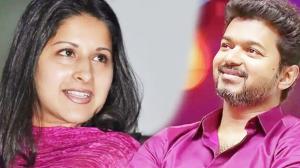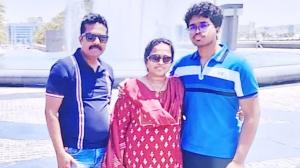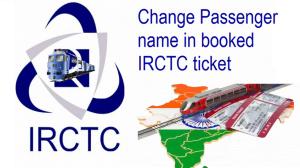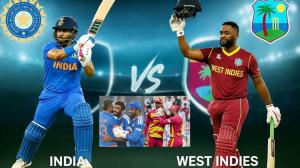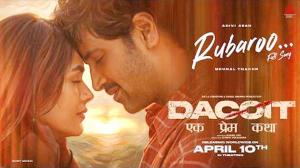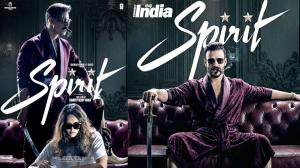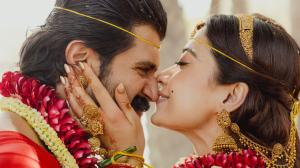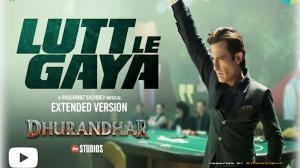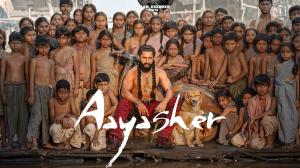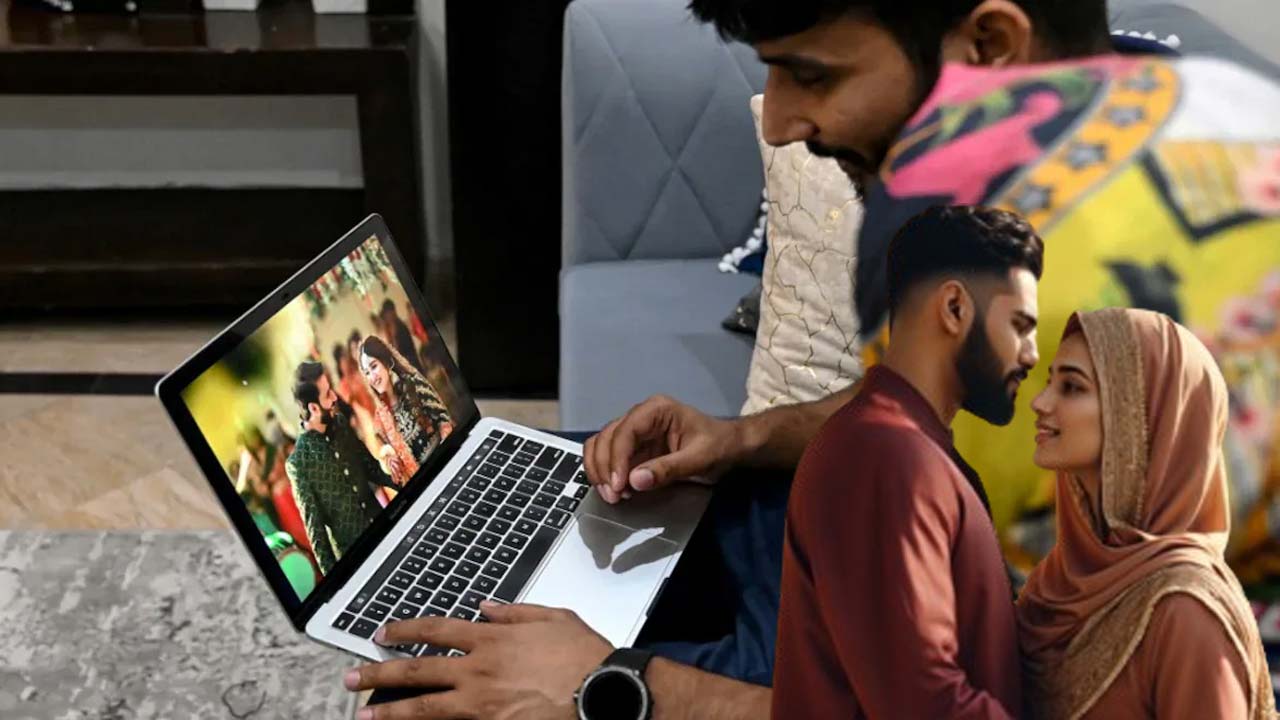
In Pakistan, traditional matchmaking is being challenged by the rise of marriage apps tailored for Muslims, which serve as an alternative to the conventional practice of using "rishta aunties" for arranged marriages. Ezza Nawaz, a Lahore-based textile designer, turned to an app called Muzz after seeing a friend's success with online introductions. She married Waseem Akhtar just three months after meeting him through the app, highlighting a shift in attitudes towards online matchmaking.
While arranged marriages dominate, with over 80% of unions facilitated by families according to a Gallup survey, marriage apps still face societal stigma. Many view them as akin to casual dating platforms like Tinder, which is banned in Pakistan. Akhtar expressed caution about disclosing how he met his wife, reflecting the lingering judgement associated with online matchmaking.
Cultural norms position marriage as a familial alliance, complicating independent spouse selection. Rida Fatima's experience with a rishta auntie revealed the invasive nature of traditional matchmaking, where personal interests were dismissed in favor of stereotypical hobbies. As marriage apps gain traction—1.2 million users have signed up since last year—traditional methods remain prevalent, illustrating the tension between modernity and established practices.
Feminist author Aisha Sarwari emphasizes the need for a balanced approach to matchmaking that respects individual agency while maintaining cultural values. Aneela, a digital media artist, faced challenges on marriage apps, including deceitful profiles, leading her to reconsider arranged marriage as a viable option. This evolving landscape of marriage in Pakistan reflects both changing attitudes and enduring cultural traditions.

